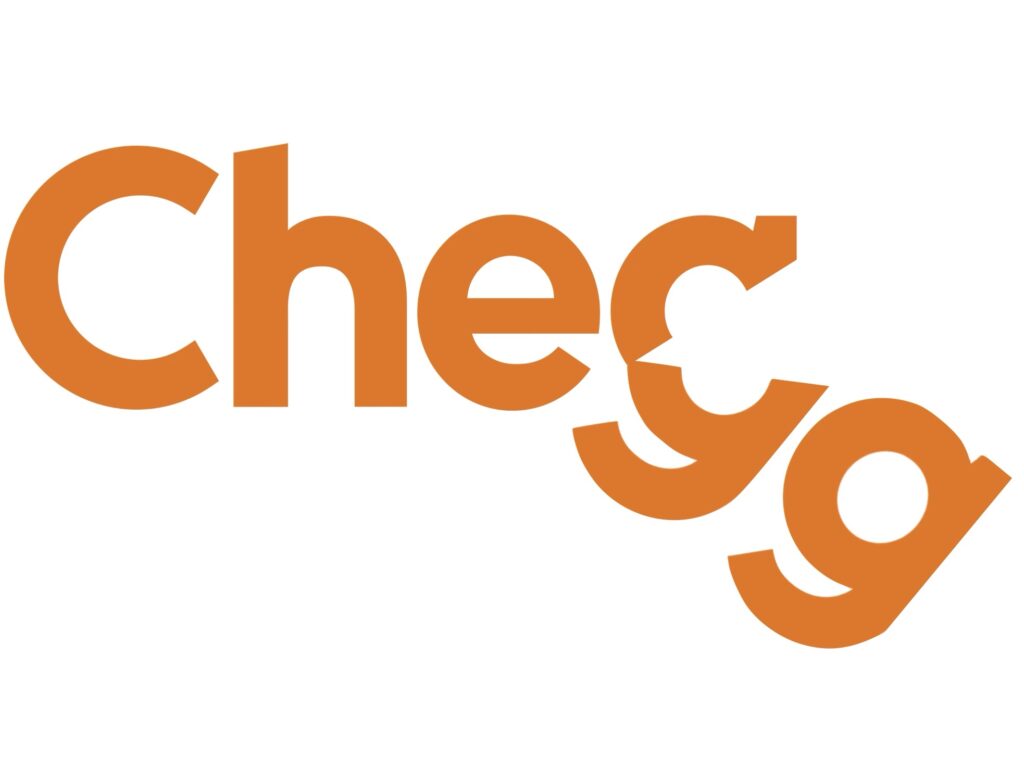Disruption and its victims: the case of Chegg

One of these cases about the effects of disruption that, as a teacher, I necessarily have to find very interesting: I talk about Chegga page very well known among students in the United States and in many English-speaking countries.
Created in 2006 by three Iowa State University studentsinitially as a simple forum to exchange textbooks, provide help with classwork and homework, rent digital and physical textbooks, offer online tutoring and other similar services for students, its name responded to the contraction of «chicken and egg»in reference to the classic problem of whether the chicken or the egg came first.
As it grew and evolved, Chegg became not only a giant listed on the NYSEbut it also acquired a certain bad reputation, because it was the place to which more and more students went to have their work done in an online mode.rincã³n of the vagueآ«: Many of the services offered by Chegg are considered unethical in many institutions, such as the so-called آ“homework help”, in which, in reality, آ“Chegg expertsآ” (typically students in India and other developing countries) carry out outsourcing of student work, or exchange of academic files, in reality students posting sheets with work questions and requesting answers. Some of these features have been routinely listed as violations of academic integrity in many schools and universities, where using Chegg – students talk about it as آ«chegging homeworkآ» – may be cause for expulsion.
In March 2020, Chegg had more than 2.9 million subscribers who paid around $14.95 per month to use its services, with very significant growth during the pandemic that led it to register a three-digit increase in its stock market valuation, attributed to the rise of distance education. In 2021, Forbes considered Chegg as the آ«company edtech most valuable in the United StatesCome on.
Now, Chegg shares are trading 99% below their value at the beginning of 2021, mainly due to competition with ChatGPT. Since the appearance of the OpenAI generative algorithm at the end of November 2022, Chegg has been seeing a progressive exodus of students who start using ChatGPT instead of their forums, and who comment that “in ChatGPT everything is unnecessary to go looking for it. At an earnings call on May 1, 2023, the company's CEO identified the rise of ChatGPT as a potential obstacle to his company's growth: the next day, its share price plummeted 48% in response. Chegg announced that will launch an artificial intelligence platform powered by GPT-4, which it named Cheggmate, at the end of May 2023but he has not been able to alleviate his fall.
The case of Chegg and its hard fall is a very good warning about the disruptive possibilities of generative artificial intelligence, and about the need for established companies to try to understand these possibilities without discarding any of them and without falling into victimhood. But it can also generate very good reflections on the possibilities of technologies applied to education: how to offer services that can really influence better use of the educational process, without becoming simple methods to save effort and end up not learning at all. nothing.
Artificial intelligence is going to be, without a doubt, the reform that education needs. But to carry out this reform without turning it into a simple form of copying or cheating requires not only new tools, but also new, more reasonable ways of approaching education, which basically continues to develop the same as as it developed one hundred or one hundred and fifty years ago, despite the fact that the context has changed brutally.
Soon we will see many, many new developments in that sense.
This article is also available in English on my Medium page,آ آ«OpenAI: you can’t make an omelet without breaking a few Cheggscome on
